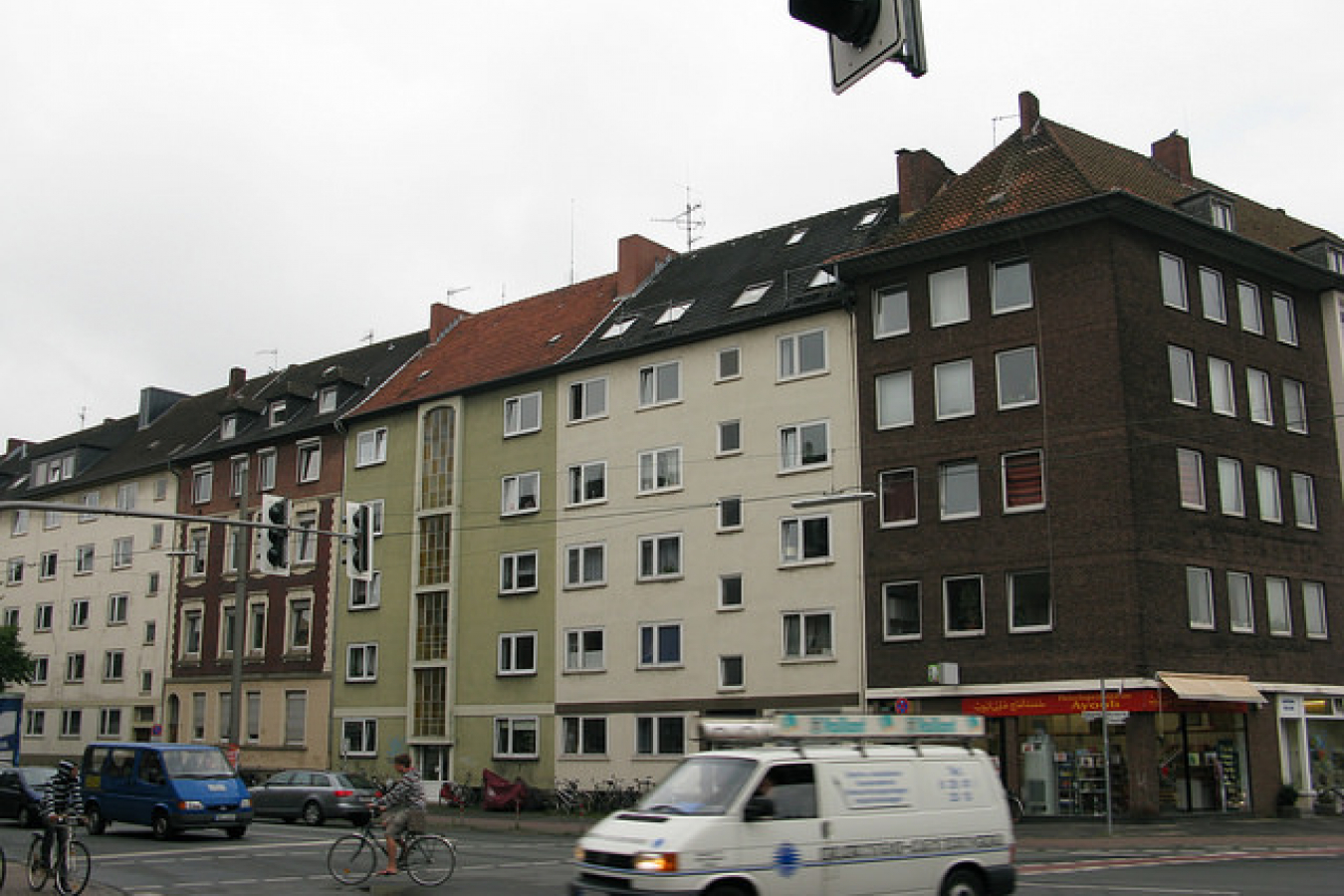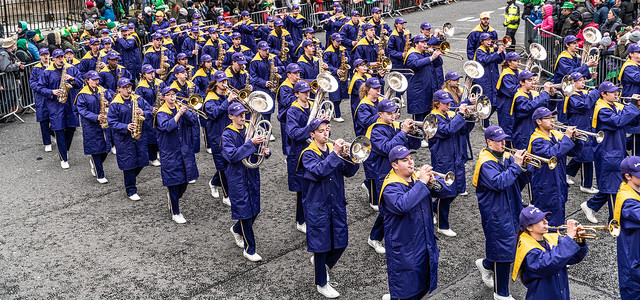 • Watch This Video
• Watch This VideoThe German parliament has passed some reforms to the country's immigration laws, implementing 11 European Union guidelines affecting rules related to spousal immigration, integration, and residency regulations.
The new rules were approved by 398 (64.8%) of the 614 parliamentary members. While most 'no' votes originated from opposition parties, some came from members of the Social Democratic Party - part of Germany's current ruling coalition.
<$adv0>Alongside the EU guidelines, the legislation adds further amendments to an immigration law passed in 2005.
Under the new rules, non-EU national spouses may only join their partners if they are over 18 years of age and demonstrate a basic knowledge of German, unless they are from countries that do not normally need visas to enter Germany.
Courses in German integration for migrants are now mandatory, with fines levied against those who refuse to take them. Migrants on social welfare could have their benefits cut by 30%.
Rules for immigrating to Germany will be made easier for those who wish to invest in the country, with the minimum investment reduced to €500,000 from previous €1,000,000 requirement. The required number of jobs created by this method will be reduced from 10 to 5.
In a bid to increase domestic security, applicants for visas for longer than a three-month stay will now be fingerprinted. Sponsors for applicants in the country can be put under investigation by German security authorities.
To gain citizenship, a migrant must attest that they understand the legal framework of Germany, as well as its societal systems and way of life.
A grandfather clause will be introduced for foreigners who have - as of 01 July - been in the country with "tolerated" status for at least eight years, which includes about 100,000 failed asylum seekers. For families with children, the requirement is six years.
Those who come under the clause must also be self-sufficient, have the ability to speak German, and have no criminal record. Unemployed persons will be required to find a job by the end of 2009.
Critics of the new reforms feel that they go beyond the requirements of the EU, make it more difficult for many immigrants already residing in Germany and make immigration to the country generally more difficult.
Green party politician Josef Winkler called the legislation "harmful, cheap and disgraceful."
The country is currently experiencing a surge in emigration as Germany's youngest and brightest leave for what they hope will be better opportunities abroad. The country is struggling with an aging population and labor shortages.
Serious shortages in skilled professionals have been felt in various industries over the past several years, a situation that is blamed, in part, upon Germany's somewhat restrictive immigration policies.
German Interior Minister Wolfgang Schäuble defended the reforms and especially praised the sections that encourage integration.
Related:
• Germany's professionals look for greener pastures abroad• Pressure heating up in Germany for first-ever minimum wage
• 150,000 Germans left Germany in 2004, highest since 1940s
• German population falling, increased immigration seen as partial solution
• Immigration fails to stem European population loss
• Visa regulations tightened in Germany
• Germany scraps plans to entice highly skilled workers
• Germany fears decline of skilled engineers
• New Zealand turns to Germany for IT workers
• European Union Services Directive approved for free movement
• European Union ministers focus on job quality standards for EU
• Spotlight - Free movement of labor: a basic right of the EU




